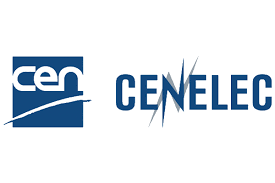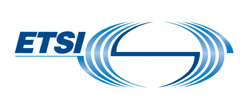CRA H-SME Toolkit: Operationalizing Horizontal Standards for Critical Health Sector Resilience
Horizontal standards for vulnerability requirements
Horizontal standards for security requirements
What does the work you will carry out for the CYBERSTAND SSP consist of?
The work consists of creating a "CRA Healthcare-SME (H-SME) Cybersecurity Toolkit" designed to help Small and Medium-sized Enterprises in the critical health sector operationalize the cybersecurity requirements of the Cyber Resilience Act (CRA). This project will translate the abstract horizontal standards of the CRA into concrete, actionable, and technically precise cybersecurity controls and processes,. The toolkit will include several key components: a risk assessment methodology adapted for healthcare SMEs to inform the application of security and vulnerability handling standards; guides for integrating security into the Secure Software Development Lifecycle (SSDL); playbooks for vulnerability management; and secure configuration baselines. The healthcare sector has been chosen as a demanding pilot case, with the aim of creating a robust and adaptable methodological framework that can be replicated to support SMEs in other critical EU sectors in the future.
What is the expected result and impact of this activity?
The expected result of this activity is a significant enhancement of the cybersecurity posture and CRA compliance capabilities of European healthcare SMEs. By providing a practical toolkit, the project will lower the technical and resource barriers to implementing robust cybersecurity, leading to a measurable reduction in common vulnerabilities, improved protection of personal health information, and greater resilience against cyberattacks, which ultimately translates to increased patient safety. The toolkit will also serve as a practical "implementation profile" for specific CRA horizontal standards, providing valuable, well-researched content to support the work of standards development organizations like CEN-CLC/JTC 13 WG9. Furthermore, the project aims to foster a more resilient European Health Tech ecosystem and establish a validated, replicable framework that can be used to develop similar CRA compliance toolkits for SMEs in other critical sectors, such as energy and finance.
Which aspects of the Cyber Resilience Act (CRA) standardisation are you focusing on?
The project focuses on the operationalization of several horizontal standards for security requirements and vulnerability handling as outlined in the CRA standardisation request. This includes standards addressing the delivery of products without known exploitable vulnerabilities; ensuring products have a secure default configuration; implementing security updates to address vulnerabilities; protecting products from unauthorized access; ensuring the confidentiality and integrity of stored data; processing only necessary personal data; protecting the availability of the product's basic functions; minimizing the product's negative impact on other services; and establishing processes for vulnerability handling.



